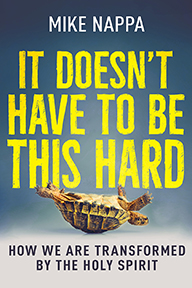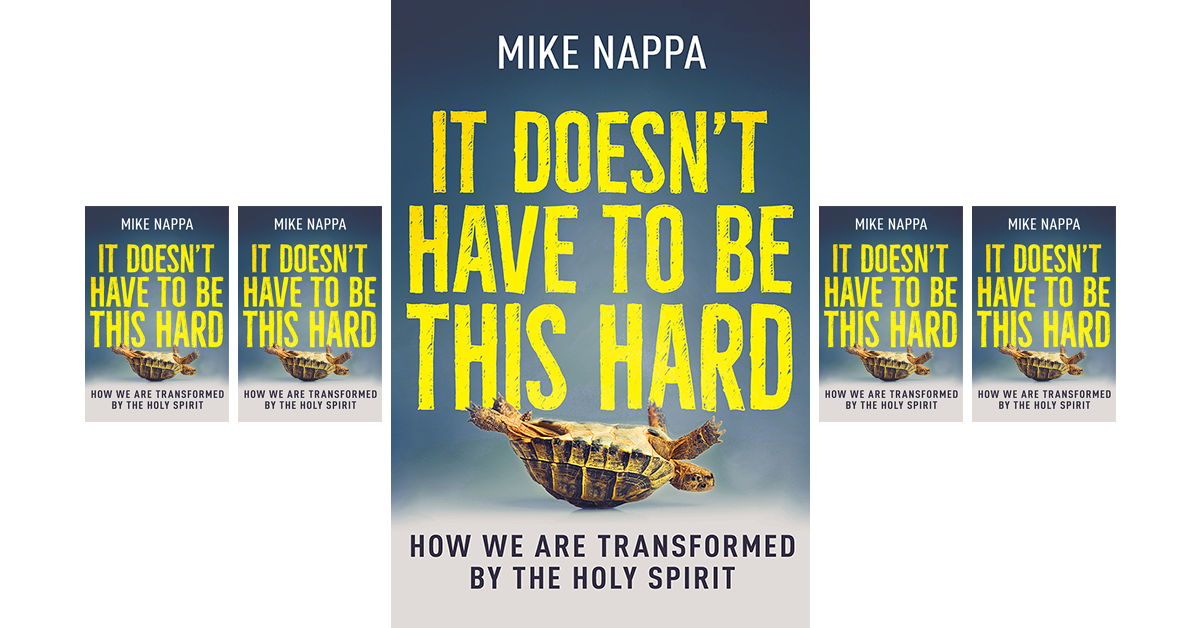An Editorial Team reason for rejection
Yes, this is a “catchall” reason for editorial rejection, and one that’s not often articulated in publishing circles simply because it makes us agents and editors look like lazy loafers in our work. Obviously agents and editors work hard—in our industry it’s required for success. At the same time, we all hate doing extra work.
As I mentioned in the introduction (and despite the arrogance with which we typically carry ourselves), the fact is when it comes to your book we editors are advocates at best and cheap salespeople at worst. In order to secure a contract for you, we’ve literally got to sell your idea to the people who have the power over the corporate checkbook.
If you’ve ever had to work in retail, you know what this is like—and how difficult it can be to overcome the obstinacy of a miser and his money. As a result, we’ve got what seems like a million little details to attend to, all with the hopes that our diligence in preparation for a publishing board presentation will result in successfully securing a contract for your book.
Meanwhile, we’re also in the middle of editing several other books on our schedule, dealing with a temperamental author or two, hiring and coaching freelance editors, preparing to present at a sales conference for books we acquired a year or two ago which are just now reaching the public, sifting through a billion other book proposals, answering tedious emails, attending way too many irrelevant meetings, solving problems that unexpectedly arise during production, and…well, you get the idea.
What that means for you is that, both on an emotional and intellectual level, I will prejudge your proposal based on the amount of new work I expect it’ll make for me.
If I like your book idea, but realize I’m going to have to teach you how to organize your thoughts, or how to write dialogue, or whatever, I’ll usually reject. If I see that your competitive analysis is nonexistent, or weak, that means I’m going to have to do it for you if I want to publish your book. But I’m already working 10-hour days, so I’m just not going to take the time for that. I’ll reject you instead. Same goes for titling, and author platform summaries, and anything else that’s actually part of my job—but which I’m hoping you’ve already done for me.
Bottom line, editorially speaking?
Your best chance to avoid rejection is to do as much of my job for me as possible, and show it in your proposal. After all, I do hate taking on extra work.
What You Can Do About It
1. Review Reason for Rejection #30.
If your proposal is complete, you’re already a step ahead of 90% of the other authors pitching books to me this week. So use the information there to make sure you’ve already done all the basics of my job before you send me your book.
2. Become familiar with my job responsibilities.
Don’t simply assume you know what an editor does. Most likely, you don’t have a clue as to all the little frustrations that fill our days. So try to find out. Read career books on editorial jobs. Check out editorial jobs on Indeed.com or LinkedIn.com, and study the specific responsibilities and qualifications listed in those job descriptions. If possible, ask to be allowed to “shadow” an editor for a day at a publishing company, magazine office, or newspaper headquarters in your local area. (Bring along your son or daughter and pretend it’s an “educational field trip” for your children.)
The point is, once you know what the mundane tasks are that fill up my day, you can tailor your proposal to complete them for me. Then when I look at your book, I’ll rejoice that it makes my job easy for once—and will advocate enthusiastically for your book as a result.
3. Remember that, when it comes to securing a contract for your book, my primary job is as your salesperson.
Think of me as someone you’re hiring to effectively present your book to my publishing board. Now, you’re not going to just slap a few pages in my hand and send me off to close the sale. No, if you really want me to make those customers buy, you’re going to take time to immerse me in a thorough training about the features and benefits of your product (your book), to suggest real-world sales strategies I can use with my customers, and to give me every tool you can think of to help me succeed.
After all, you only succeed if I do.
So when you prepare your proposal pitch and writing samples, make sure to give me everything I need to be the best salesperson your book could possibly have.
Looking for more? Check out these links:











